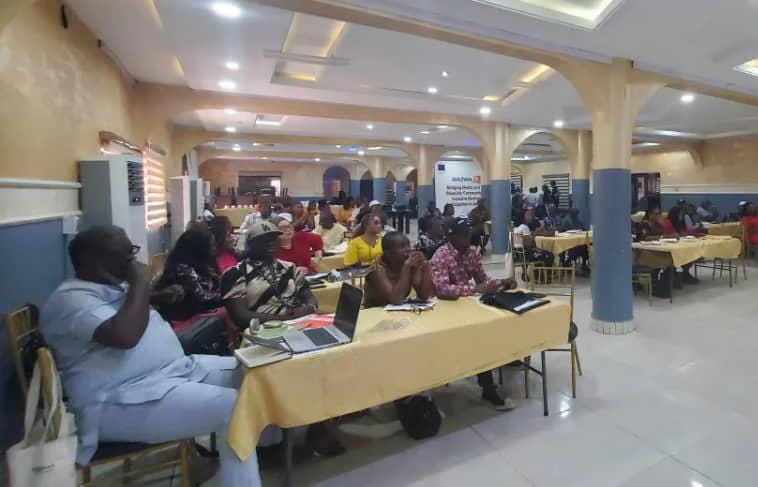While stating that media narratives could influence the understanding of disabilities, he called on media practitioners to adhere strictly to the ethics of electoral reporting to ensure accuracy, impartiality, fairness and use of inclusive language.
According to him, inclusive language avoids bias, stereotypes or discriminatory expressions in election and electoral processes, adding that it also ensures that everyone has a voice in shaping the society.
“It shapes how the society sees different groups and determines whether everyone feels recognised, respected and encouraged to participate in the democratic process.
“It ensures fair representation and participation, builds social cohesion, holds ethical standards and it is human rights-respecting and compliant.
“So inclusive language in election reporting is not just about the words used in media reports,” he said.
Ojo also enjoined the media to use languages that were inclusive and non-discriminatory, but those that respect diversity, avoid stereotype and prejudices, but promote inclusiveness.
Speaking at the occasion, a Senior Programme Officer with TAF, Mr John Anwayi, stressed the need for care and professionalism in communicating disability issues in order not to encourage discrimination against and stigmatisation of PWDs.
Anwayi, in his lecture entitled: “Understanding Disability and Inter-sectionality in Election,” described disability as any long-term physical, mental, intellectual or sensory impairment which might hinder full and effective participation of persons.
He said PWDs were more likely to experience adverse socio-economic outcomes than those without disabilities, adding that they (PWDs) needed institutions, including access to buildings, hearing, visual and other aids.
Anwayi listed what constitute disabilities to include: visual impairment, hearing impairment, physical disabilities, albinism, leprosy, cerebral palsy, autism and Down syndrome, among others.
He called on Independent National Electoral Commission (INEC) to implement practical and achievable measures to facilitate the full participation of PWDs in electoral process.
“We need training on disability awareness for polling staff, provision of assistive devices like magnifying glasses or braille ballot guides to address mobility challenges, communication barriers and privacy concerns,” he said.
On her part, the Media Officer of TAF Africa, Lynn Aguncha, urged the participants to put the lesson from the workshop to practice in their reportage of elections.
Aguncha thanked European Union for its continued support to TAF as well as its advocacy, while promising to ensure that all voices, including those of PWDs, were heard



